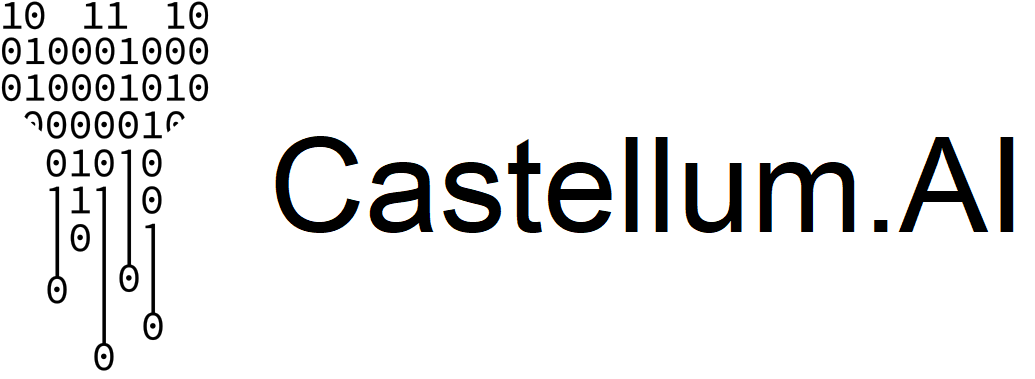What Are Countries Doing to Counter Russia’s War?
Which Countries Imposed Sanctions on Russia?
When comparing the number of countries that voted at the UN against Russia’s war (141) versus those that imposed sanctions, the first question invariably is why have so few countries imposed sanctions? There is the question of political will, but a more important factor is that most countries globally do not have autonomous sanctions programs. They rely instead on the United Nations or European Union to adopt sanctions which they then implement.
For example, Bulgaria, Germany and Italy do not have a domestic sanctions list, but they impose sanctions levied by the European Union and actively partake in the EU’s sanctions process.
As for the UN, because Russia is a permanent member of the security council with veto power, it is impossible for the UN to impose sanctions on Russia. For countries which rely on the UN to impose sanctions the legal means to impose unilateral sanctions do not even exist. This includes large emerging economies like Brazil, Nigeria and Indonesia. Even New Zealand found itself unable to impose sanctions on Russia, prompting the government in Wellington to adopt a new sanctions law.
When these governments do have the ability to watchlist unilaterally, it is usually related to terrorism and terrorism financing, and they have not made the decision that Russia’s war in Ukraine counts as terrorism.
Even if a country does not impose sanctions, it can state that it will adopt international measures. South Korea for example, adopts UN sanctions, but also parts of US and EU sanctions. Although it has not published a sanctions list, South Korea has stated that it supports the new actions against Russia.
The countries that have imposed sanctions on Russia, or pledged to adopt a combination of US and EU sanctions are the following (45) countries:
EU27
Albania
Australia
Canada
Iceland
Japan
Liechtenstein
Monaco
Montenegro
New Zealand
North Macedonia
Norway
Singapore
South Korea
Switzerland
Taiwan
Ukraine
UK
US
Notable exceptions of countries that can impose autonomous sanctions on Russia but have not include: China, India, Israel, Turkey, and Serbia.
Although most countries in Africa and Latin America do not impose autonomous sanctions, the disinterest of two entire continents to do anything to change that is striking.
Countries Arming Ukraine
29 countries are providing lethal aid to Ukraine according to NATO and press.
Australia
Lithuania
Netherlands
Croatia
Germany
Denmark
Belgium
Greece
North Macedonia
Latvia
Norway
Poland
Italy
Canada
Luxembourg
Czech Republic
Finland
France
Portugal
Romania
Sweden
Turkey
Slovakia
Slovenia
Spain
Germany
Estonia
United Kingdom
United States
Methodology
Castellum.AI compiled the list of countries sanctioning Russia based on our publicly available database.
Castellum.AI compiled the list of countries that voted against the war at the UN-based on United Nations voting data. Some countries are not able to vote at the UN, such as Taiwan, and are thus not tallied. Generally at the UN countries vote Yes, No or Abstain, but this resolution also tallied some countries such as Uzbekistan or Togo as “non-voting.”
Castellum.AI compiled the list of countries that are arming Ukraine based on NATO and other press materials. We only included lethal offensive material, and excluded non-lethal materiel or aid. We only used reliable and official sources for this tally, but cannot verify whether weapons shipments were actually delivered.
Castellum.AI did not include a separate column for those countries providing assistance to Ukrainian refugees because while critical in saving lives, that is not an action that stops stop’s Russia’s war.
Castellum.AI obtains global sanctions information from primary sources, and then proceeds to standardize, clean and enrich the data, extracting key information like IDs and addresses from text blobs. Castellum.AI enriches as many as fifteen separate items per entry. This analysis is based on the enriched primary source data that populates our database. The database consists of over 1,000 watchlists, covering over 200 countries and eight different categories (sanctions, export control, law enforcement most wanted, contract debarment, politically exposed persons, regulatory enforcement, delisted, and elevated risk). Castellum.AI checks for watchlist updates every five minutes directly from issuing authorities.
